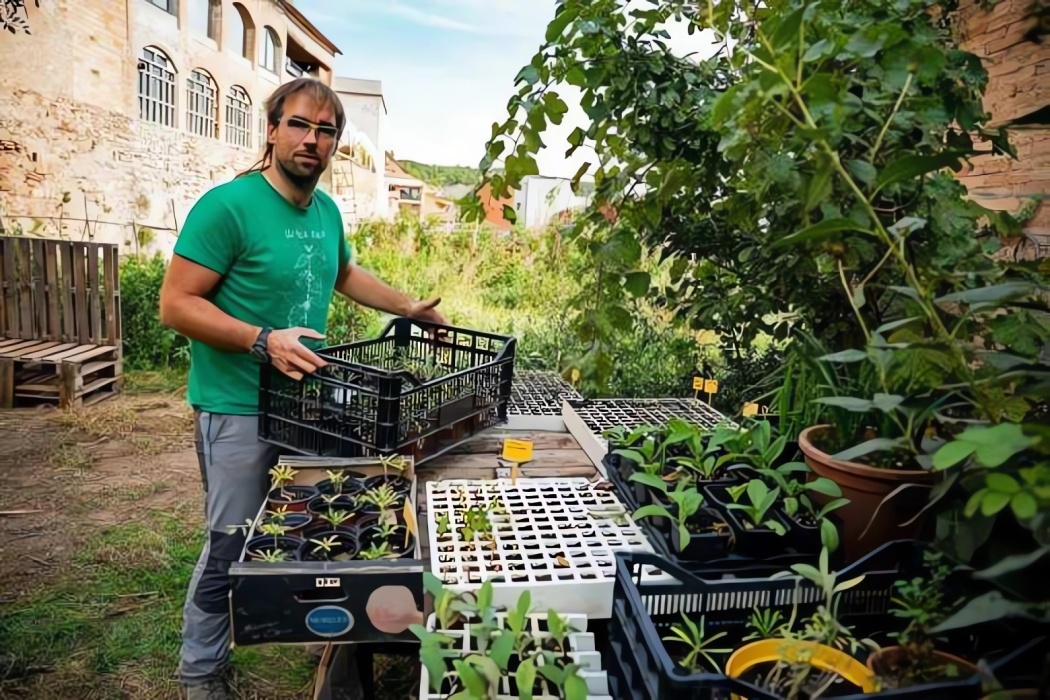Cooperative Societies. Cooperativism is the most significant and traditional social economy formula in Catalunya.
Social and Solidarity Economy
When initiating an economic activity, one of the aspects to consider is the most appropriate legal form for the activity we intend to carry out. If ours is a shared project, and we want the people involved to be able to vote and decide on the decisions taken, based on the principle of one person, one vote, then the most fitting formula is likely to be a cooperative. Cooperativism is the social economy formula with the most weight and tradition in Catalunya. As of December 2021, there were a total of 4,521 cooperatives in Catalunya, employing 45,417 people, with a combined turnover of 4.5 million euros.
What is a cooperative society? A cooperative is a company formed by physical or legal persons who voluntarily join together to satisfy their common economic, social, and cultural needs and aspirations, through a jointly owned and democratically managed enterprise.
Cooperatives must have a minimum of three members, except for consumer and user cooperatives and second-degree cooperatives. They must also have a minimum capital of 3,000 euros, which must be fully paid up at the time of establishment. The liability of the members is limited to their contributions, as long as there is no negligence in their assigned functions.
The General Assembly of members is the highest body expressing the social will. The governing body is the Board of Directors, and an important aspect is that the adoption of agreements is by a majority of member votes, never based on the capital contributed.
If the financial year's result is positive, at least 20% of the result must be allocated to the Mandatory Reserve Fund and 10% to the Education and Cooperative Promotion Fund. The Mandatory Reserve Fund is aimed at the consolidation, development, and guarantee of the cooperative and cannot be distributed among the members except in certain cases and always in an amount less than 50%.
Finally, it is worth highlighting some of the tax incentives enjoyed by cooperative societies, which can influence the decision to choose this legal form. In the Corporate Tax, they are taxed at 20% of their cooperative results and 25% of their extracooperative results. They can also deduct 50% of the amount allocated to the Mandatory Reserve Fund and 100% of the Education and Promotion Fund from the taxable base. Cooperatives are also exempt from 95% of the economic activities tax quota.
The constitution of a cooperative is straightforward, but there are technical issues that require expertise and professional knowledge, both at the time of its establishment and in its management, consolidation, and growth.


